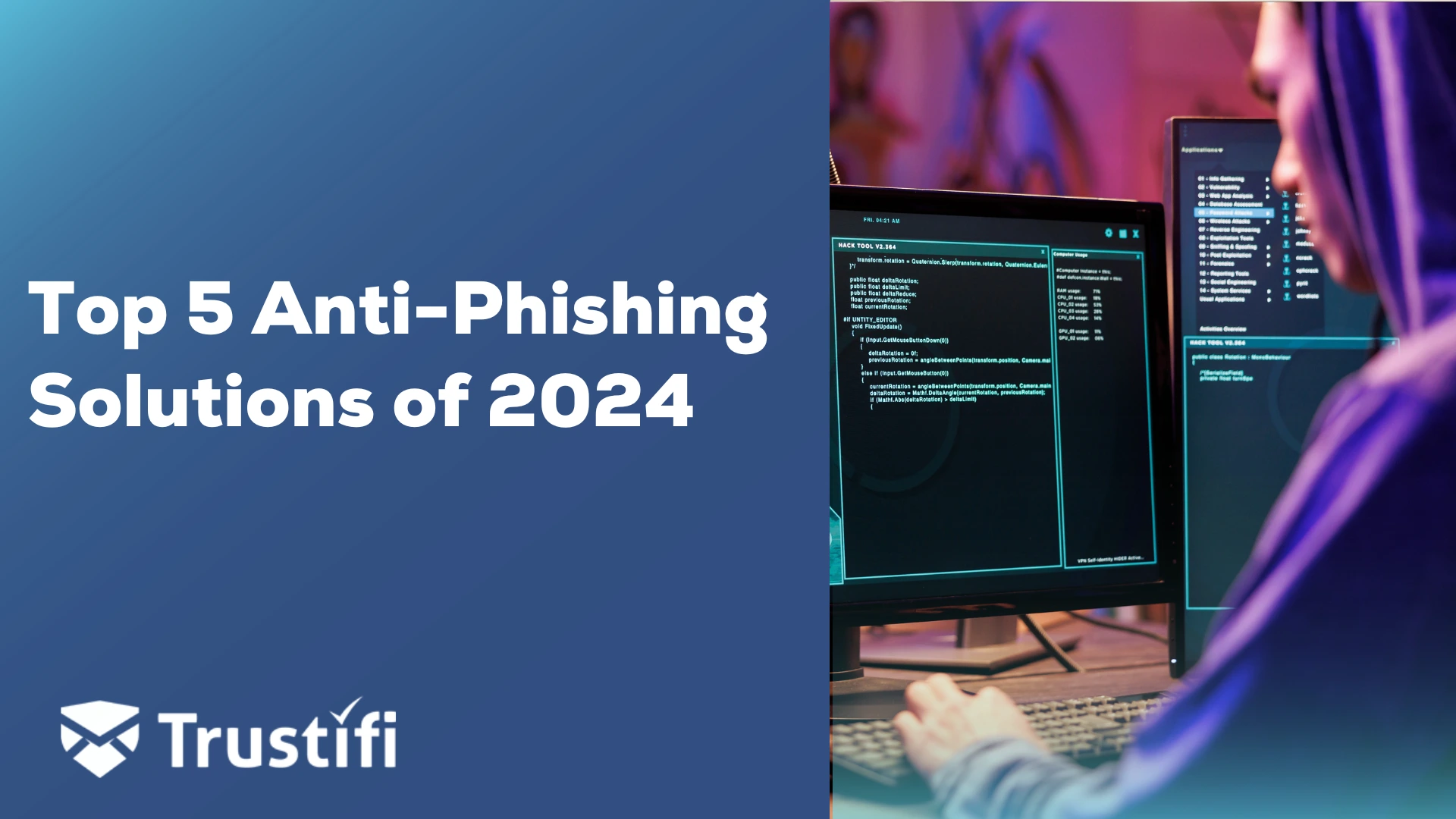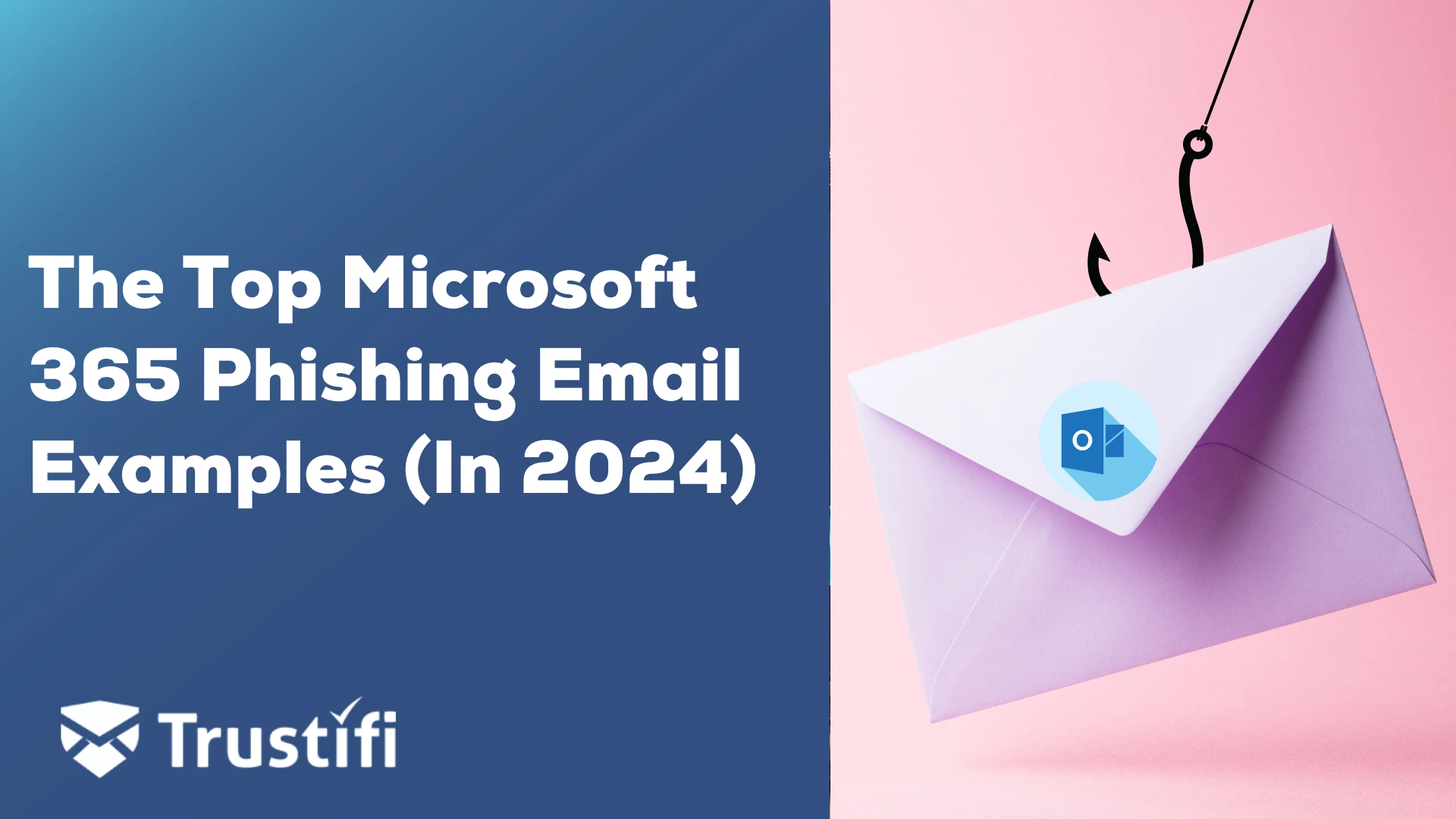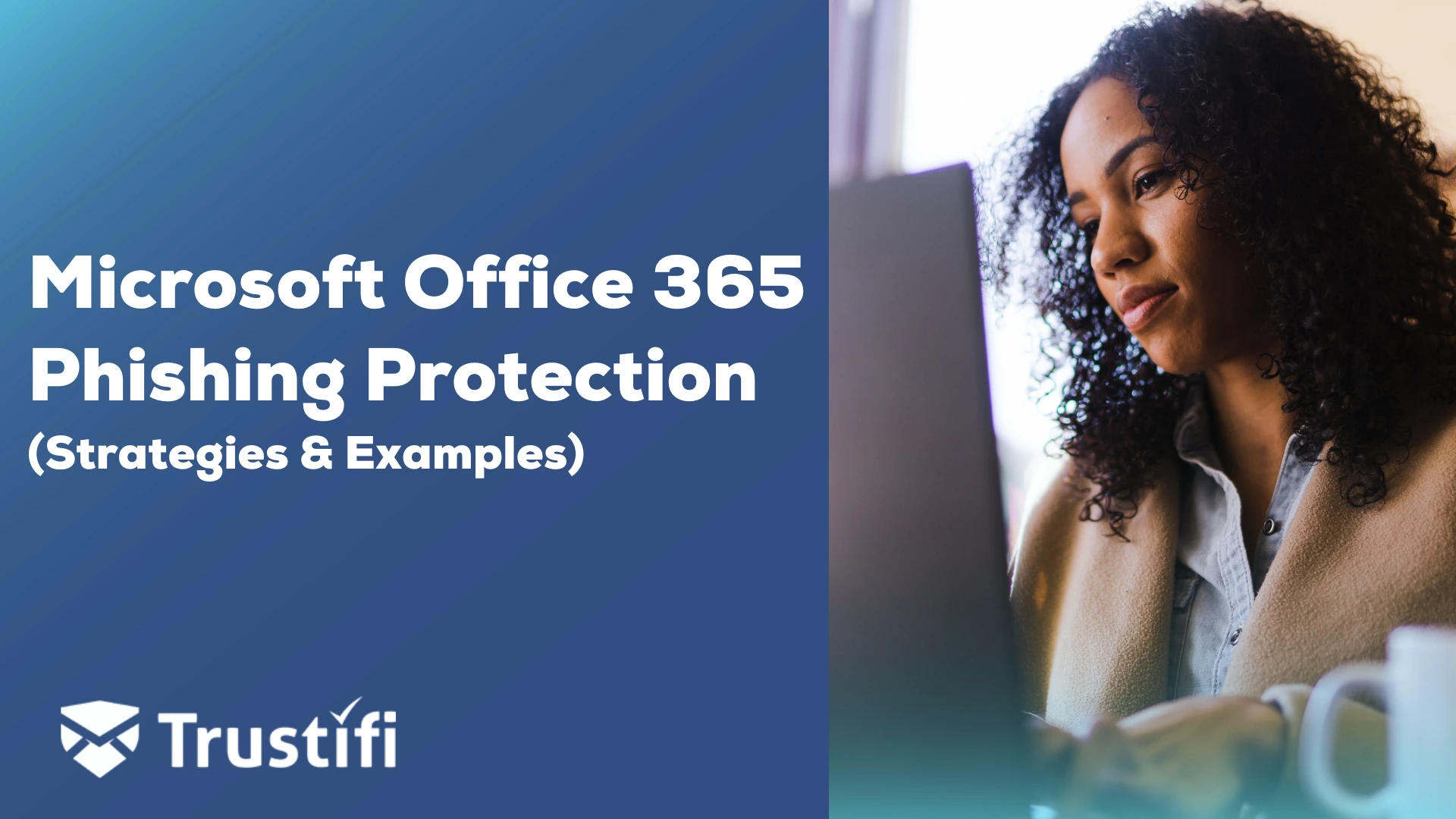With the novel coronavirus forcing thousands of people across the country to work remotely, there has been a massive wave of
phishing attacks aimed at stealing employee information. The scammers have been more effective in these latest attacks than we have seen in years. One issue that some companies are encountering is that a home computer security network is significantly different from the office cybersecurity systems, and personal computers are often less secure. There has been a number of CEO impersonation emails, luring employees to fake websites where they give out personal information. The scammers have been impersonating health officials like the CDC and the World Health Organization (WHO). These tips can help you and your employees stay safe from phishing emails.
Two-Step Authentication
One way to help keep your company information secure is to
require two-step authentication on all email accounts and applications. This is one of the best ways to help reduce the risk of phishing scams. With two-step authentication, you not only have to enter your password, but you also have to have a code sent to a specific phone number and you cannot log on until you have input that code correctly.
Many applications and programs are offering this now because of how much it reduces the risk of an account being hacked, even if your employee accidentally clicks on a link they should not. A password can be cracked, and for a good hacker, it can be cracked pretty easily, this just adds another layer of protection to make it a little bit harder for someone to steal your information.
Use a VPN
A Virtual Private Network (VPN) is software that can be used on home and public wifi to encrypt data even when you are using a public internet signal. A VPN will authenticate your information with the firewall in your network before anything is sent through it. This is especially important for a company that has employees handling sensitive data because it encrypts all of your data.
It is a good idea to
have a VPN set up for your employees when they are working remotely because it can prevent hackers from accessing any of your company information, whether your employee is working at home or at a cafe — once things reopen.
Safeguard Your Email Accounts
Email is how most hackers will reach out to attempt to scam you to steal your information. An
enterprise email encryption company can be a big help with keeping your communications safe.
Encrypted Video Conferences
There have been a lot of issues with video conferencing services since the pandemic forced so many people to work from home. Zoom especially has had hackers find their way into a video conference and disrupting the meeting; there have been accounts of “Zoombombers” showing pornography during a meeting, calling people racial slurs, and just being generally disruptive.
The best way to avoid things like this is to use a paid video conferencing service; they are usually a little more secure than Zoom. If you are using something like Zoom, check the privacy settings for the meeting before the meeting begins to make sure only those you invite can join the meeting. Another option is to protect your video conference meeting through
Trustifi.
Anti-Phishing Training
Some people do not know how to recognize a phishing email when they see one. Take the time to show your employees some of the telltale signs of a phishing email and show them what to do if they see an email that appears suspicious.
Anti-Virus Software
Good anti-virus software can get expensive; however, if you provide it for all of your employees and keep it up to date if someone does accidentally click on a malicious link or download an attachment from a suspicious email, there is a better chance that the virus may not work its way into your system. If you have good virus protection, it should catch a virus before it is even downloaded, and it can warn you when you click on a suspicious link that it may not be a safe website to go to.
Require Strong Passwords
While we may not like having elaborate passwords because they can be annoying to keep track of, they exist for a reason. Approximately
75 percent of people in a poll said they “use the same passwords for multiple accounts, and a high percentage of people haven’t changed duplicate passwords in over five years.”
A weak password is a hacker’s best friend. Have your employees use a
strong password to keep hackers at bay. You can use a password generator to create completely random and strong passwords, but if they are annoyingly elaborate, your employee will need to write them down, and there is a good chance it will be saved somewhere on their computer.
For a strong email encryption service that can help keep the phishers at bay, contact Trustifi today to learn what we can do to make your business more secure.
References
Sundar, Venkatesh. “How to Maintain Security with Remote Workers?” Indusface, 7 May 2020, www.indusface.com/blog/maintain-security-remote-workers/.


